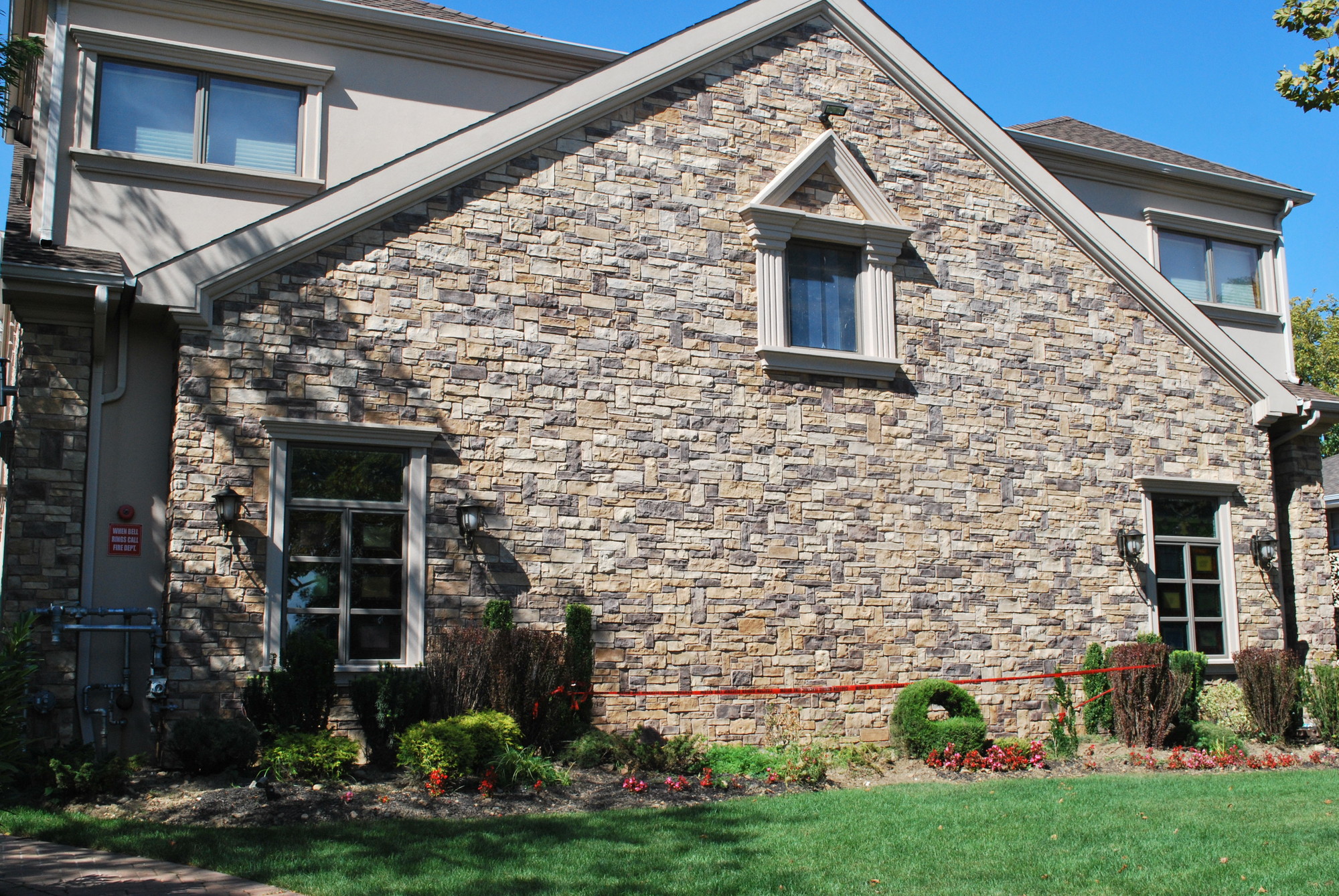Residents take village Board of Appeals to court
Oppose seven-day operation of Lawrence shul
A group of Lawrence residents filed a legal action in county Supreme Court last month to oppose the one-year trial period granted by the village’s Board of Appeals for the Bais Medrash of Harborview synagogue in the Lawrence Bay Park section, to expand its operations.
The residents who live near the synagogue, on Harborview South, are asking the court to review the village board’s decision to determine whether it followed the law in permitting the shul unrestricted use for seven days to conduct weekday services. Before the ruling, the Orthodox congregation was allowed to meet only on Shabbos and selected holidays. The one-year trial period was implemented in July.
“Our concern is that allowing seven-day-a-week operation disturbs the residential character of the Harborview community,” said Christian Browne, the Uniondale-based lawyer representing nearly 50 residents.
Opposition to the extension of operations stems from the shul’s lack of a parking lot on any of the three parcels it owns on Harborview South, and residents say that an uptick in traffic volume creates unsafe conditions in the compact neighborhood, negatively affecting their quality of life.
Bais Medrash also petitioned the village for a 23-stall parking lot on one of the properties, but that was denied by the Board of Appeals. Browne characterized the proposed lot as “detrimental to the neighborhood.” The synagogue did receive approval for construction of 30 square feet of additional space in the building to expand the Torah Ark to house the Torah scrolls.
Howard Avurtine, of Syosset, who represented the synagogue at a Board of Appeals hearing on April 29, declined to comment on the lawsuit seeking to end the one-year trial period. “I am handling the legal affairs,” he said, “and I’m not authorized to speak to the press.”
Shul President Irving Langer, who is also a Lawrence village trustee, had not responded to phone calls seeking comment as of press time.
Bonnie Septimus, one of 48 residents who signed a petition opposing the expansion to seven-days-a-week operations, railed against the imposition of having vehicles pulling up and parking on the street, and the possibility that they would block driveways, as has happened in other neighborhoods with synagogues. “The vast majority are satisfied with the status quo, so let us keep the status quo and live in peace with one another,” Septimus said at the April hearing.
Boruch Adler said he believes the synagogue needs to find another location. “We are a small, little neighborhood that was desired to be a quiet residential area,” he said. “The shul was built in the wrong place.”
Bais Medrash members maintain that daily activities will enhance the congregation as well as the neighborhood. “The shul will be the pride of our community, not only in Shabbos, but the entire week,” Marcel Weissman said.
Lisa Lesser said she believes that expanding the synagogue’s days of operation will help its teen minyan to continue its success and keep its younger members stimulated through daily worship. “So it’s an investment in our community and in our future community as well,” she said.
Though he acknowledged “an awkwardness, a discomfort” about opposing the shul’s expansion, resident Dr. Jonathan Klahr cited safety as his main consideration. “Common sense says this is an unsafe plan,” he said, “and it’s quite unfortunate that the infrastructure of Harborview was not set up for traffic.”
Browne said he did not anticipate a ruling on the legal action for a few months.

 39.0°,
Fair
39.0°,
Fair 




